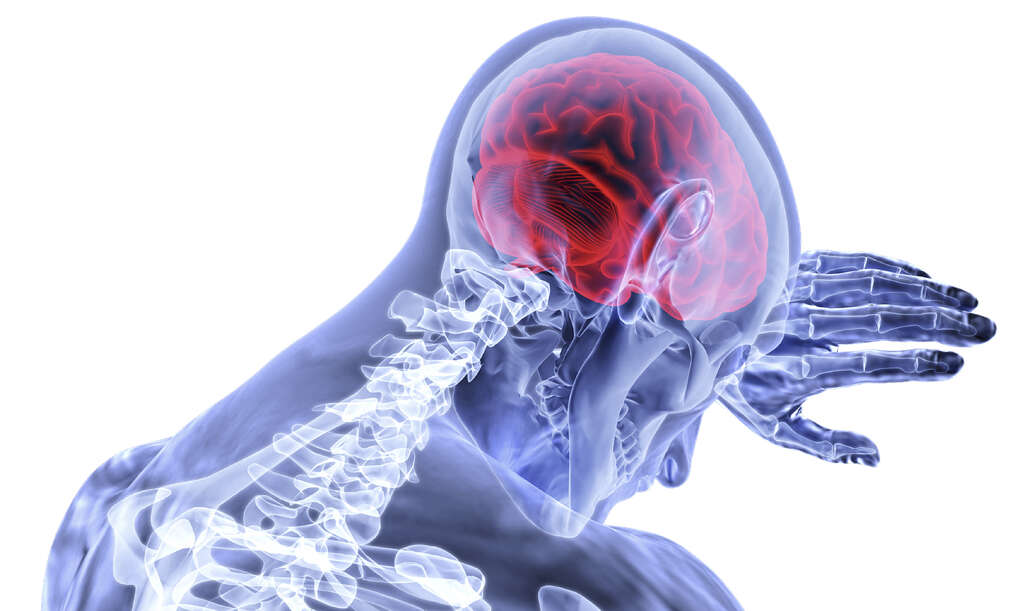What Is Acute Respiratory Failure?
When we breathe in, we inhale lots of oxygen, which is a type of gas that we rely upon for survival. As this gas finds itself against the walls of our lungs, so it will be absorbed through the thin walls and into our blood. Another gas, carbon dioxide, is exchanged in the process and then exhaled.
Acute respiratory failure is a condition where the body is not able to adequately absorb oxygen or expel carbon dioxide. This, in turn, means that there will not be enough oxygen in the blood to be carried to elsewhere in the body. The ‘acute’ nature of this condition means that it will come on suddenly, and it is a condition that must be treated as urgent.
1. Dangerous
Acute Respiratory Failure is a very dangerous condition. Many people who develop it will not survive. It is a condition that also becomes more deadly as the patient gets older. Many patients will need to be in intensive care in order to give them a chance of survival.
Some people do survive the condition, however; mostly those that are fitter, stronger, and younger. Some of those will even go on to make full recoveries with no long-term side effects of their ordeal. Others, however, can be left with lasting damage to their lungs that will be with them for the remainder of their lives.
2. Leaked Fluid
In the lungs is a system of tiny blood vessels that help with the absorption and transportation of oxygen. These vessels are protected by a thin membrane that helps to prevent the fluids inside from leaking out. In cases of acute respiratory failure, however, this membrane is damaged, allowing the fluid to leak out.
As the fluid leaks out, it leaks into the alveoli. This is a problem because if the alveoli are filled with fluids then they will no longer be able to help with the absorption of oxygen. This leaves the patient struggling for breath as their bodies are desperate for more oxygen.

3. Acute Respiratory Distress Syndrome
Acute respiratory distress syndrome (ARDS) is another potential cause of acute respiratory failure and is a potentially very serious condition in itself. ARDS involves leaking fluid into the lungs, as described earlier, and low levels of oxygen in the blood. ARDS itself can also be caused by a number of underlying medical conditions, some of which are serious themselves.
Potential causes of acute respiratory distress syndrome include, but are not limited to, pancreatitis, severe brain injuries, lung injuries, pneumonia, and severe trauma. Perhaps the most common cause of ARDS is pancreatitis, which can affect the balance of chemicals in the body, leading to breathing difficulties.
4. Inhaling Chemicals
Everything around us is a chemical, or at least made from chemicals. This includes the food you eat and the water you drink. Most chemicals are harmless to us, and many are even essential. Others, however, can be very dangerous for us. Some are able to cause direct damage to the cells in our bodies.
If you are around certain chemical fumes then you should take all necessary precautions to protect yourself.
Otherwise, the chemicals may result in physical damage to your lungs, and this could lead to acute respiratory failure. This can also be caused by inhaling too much smoke, by near drowning incidents, and also by inhaling food and other particles.

5. Injury
If somebody is involved in the wrong type of injury then the lungs can be damaged, resulting in acute respiratory failure. This will often mean accidents that have caused direct trauma to the chest area. At other times, it can mean direct trauma to the brain, specifically the part of the brain that helps with breathing.
If somebody has experienced a trauma of this extent that they are likely to be undergoing medical treatment regardless. This is not always the case, however, and some head injuries may go unnoticed at first. Ignoring head injuries can turn out to be fatal, so it is wise to get checked out if you have recently received a heavy blow to the head.
6. Pneumonia
Pneumonia is the medical term used to describe the inflammation of the lungs which is usually caused by a bacterial infection. This inflammation can make it very difficult for the patient to breathe, meaning it is potentially very dangerous in its own right.
To make matters worse, severe pneumonia can also result in acute respiratory failure. Pneumonia is itself a relatively common condition and is often treated with antibiotics. Most people will make a full recovery but severe cases can be fatal. Symptoms of pneumonia include a fever, chest pain, difficulty breathing, and a cough. These symptoms should encourage you to speak with a doctor.

7. Obstruction
If you have ever gotten something stuck in your throat, you would have noticed straight away that you find yourself short of breath. This is simply because the passageways need to be kept open at all times so that oxygen rich air can flow through the airways to reach the lungs.
If there was an obstruction then the patient can be in considerable trouble if the problem is not cleared in sufficient time. In addition to food, obstructions of this nature can also be caused by injuries. They can also be caused by conditions that restrict the airways, such as asthma.
8. Stroke
If your brain does not get the oxygen that it needs then it will begin to struggle. We can slow down mentally, have difficulty thinking, and get confused. This is usually only temporary until the flow returns. It can, however, cause damage that will remain permanently.
A stroke is a condition where the flow of blood to the brain has been stopped. This might only happen for a short while, but it can still cause permanent damage to the brain. It is a potentially very serious condition and if the wrong part of the brain is damaged then it can affect the patient’s ability to breath.

9. Overdose
While drugs are usually beneficial for us, we need to be careful in regard to how we use them. If they are misused then they can cause some very unwelcome side effects, and this can include acute respiratory failure. Certain drugs can have an impact on our lungs ability to work properly, potentially causing severe problems.
This also includes alcohol and some people with an alcohol problem will develop acute respiratory failure. This is one of the many reasons to avoid abusing alcohol to dangerous levels. If you do have a problem with alcohol or with other drugs, you should arrange to speak with a professional when you can.
10. Symptoms
It makes sense that the main symptoms of acute respiratory failure would be difficulty breathing. The patient might be breathing more rapidly than usual and they might have difficulty breathing altogether. The lack of oxygen can also lead to the patient becoming confused and restless.
The patient’s heart can also begin to beat faster than it usually would, and they can also begin to sweat excessively. It can also lead to a loss of consciousness, which should of course be taken very seriously indeed. Oxygen is often required to help the patient breathe and a ventilator will be necessary in some cases. This will help the patient while the underlying cause is being addressed where possible.











